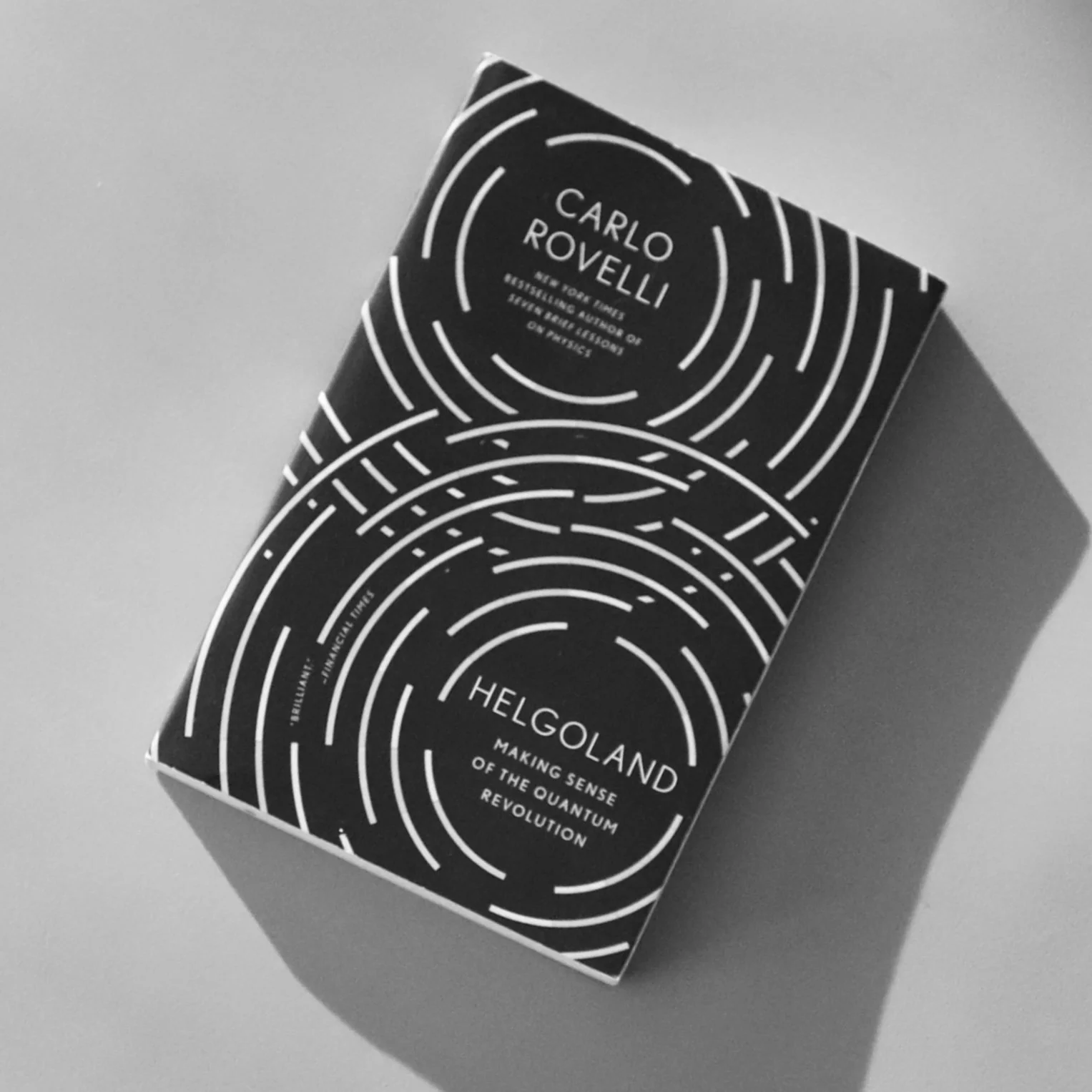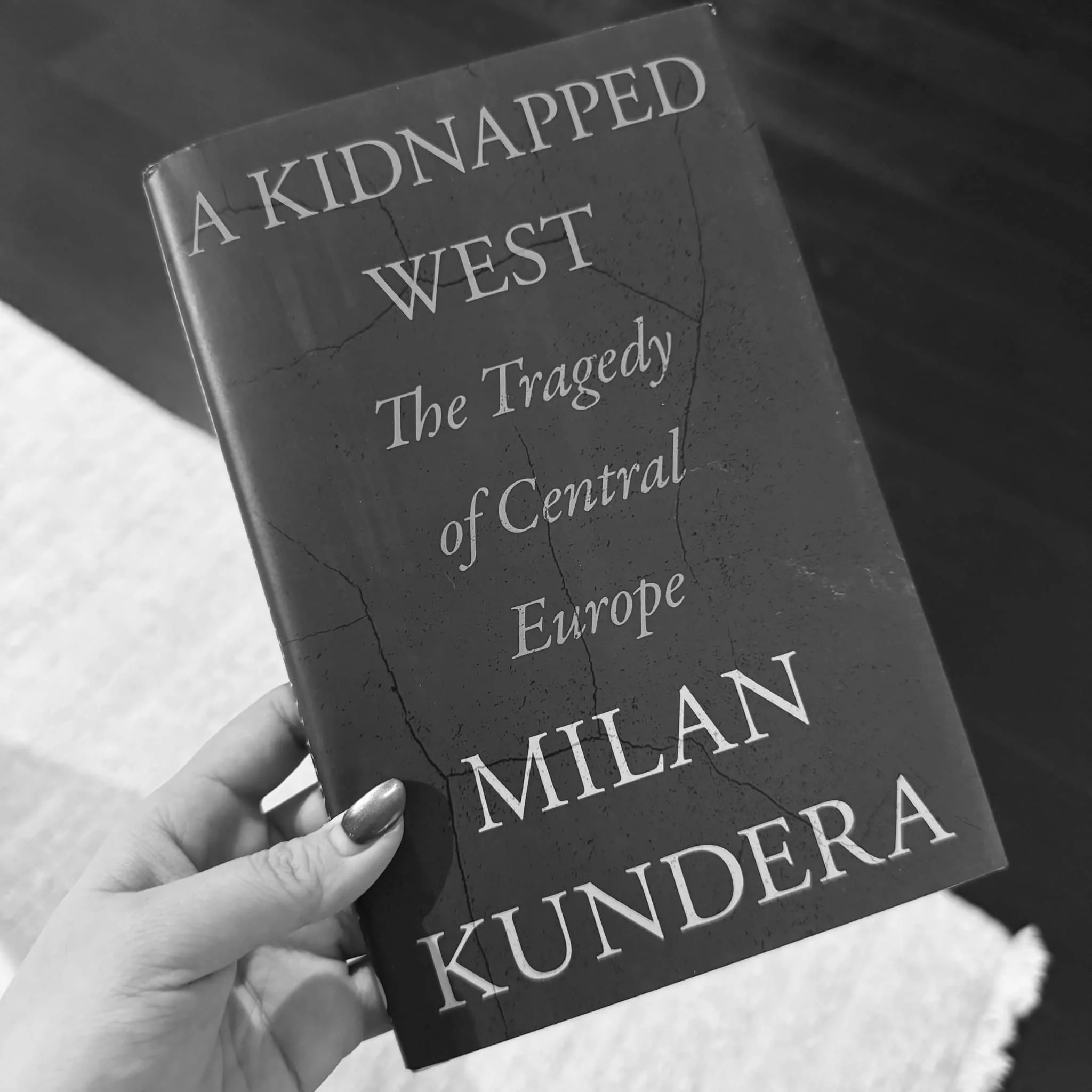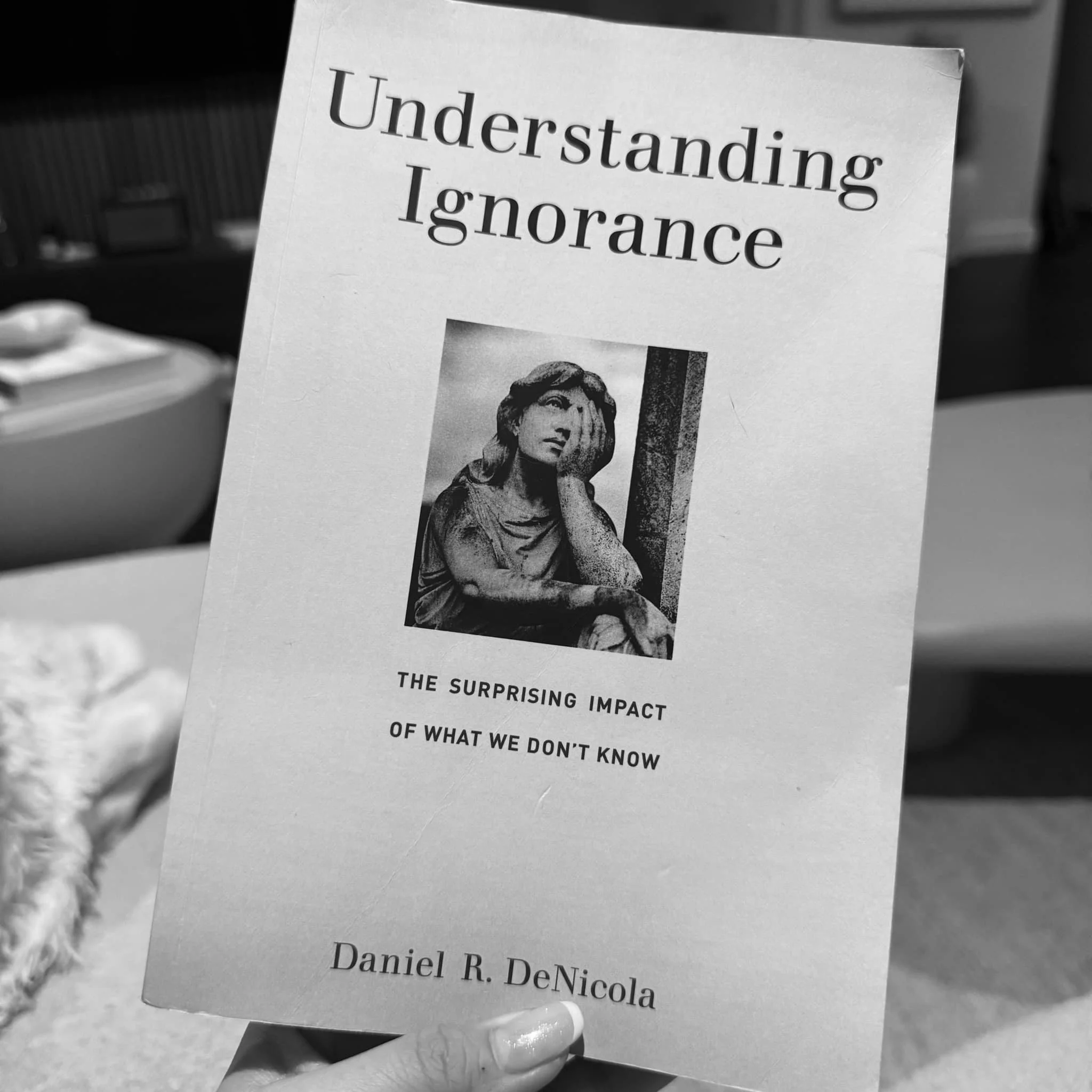It is now a matter of widespread recognition that the conundrums of quantum mechanics are epitomized by the phenomena of superposition and quantum entanglement. The former, in particular, presents the unsettling proposition that, prior to the act of “observation,” a quantum entity exists in a state of probabilistic indeterminacy, aka electrons can be at multiple location simultaneously until being “observed”, devoid of definitive properties—a stark departure from the classical paradigm, wherein an object’s position is presumed absolute at any given temporal juncture. This peculiar dependency on “observation” suggests an ontological mutability, as if reality itself is contingent upon the mere act of perceiving. But what underpins this peculiar mechanism? What is an “observation”? What entity qualifies as an observer? Does the cosmos, in its infinite complexity, actually care if someone is “observing”?






